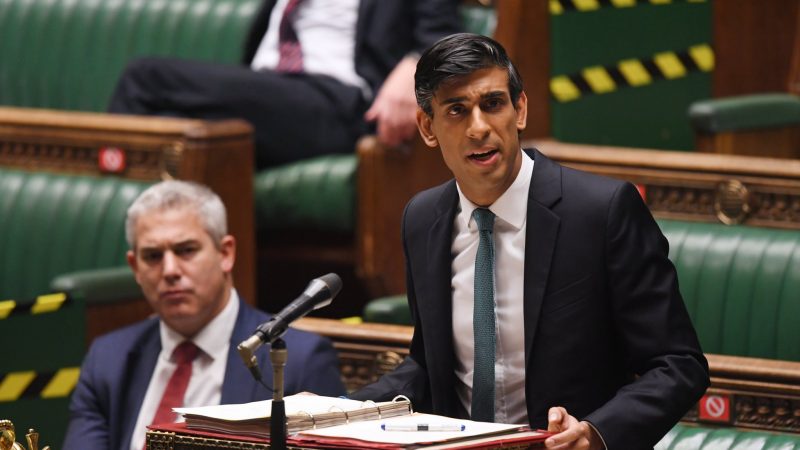
With any fiscal events, there are winners and losers, and the list of losers from this week’s spending review is a sobering read. It includes frontline public servants like teaching assistants, health and safety inspectors, and environmental workers, who have been hit with yet another pay cut as a reward for their hard work and sacrifices during this pandemic. And, shamefully, it includes the world’s poorest and most vulnerable people who will suffer as a result of the cut in overseas aid spending.
But there is one group who have suffered the injury of financial damage in the spending review, with the added insult of complete denial and gaslighting from the Chancellor. These are the ‘Excluded’ – those workers who do not qualify for help under either the job retention scheme or the self-employed income support scheme.
These workers, largely self-employed and freelancers, have faced a year with no support at all, while others have rightly received thousands of pounds as part of the response to an unprecedented employment crisis brought about by the Covid restrictions. In Prospect’s membership, this group includes thousands of workers in our Bectu sector working in the creative industries, from PAYE freelancers getting started in theatre through to renowned assistant directors working on major feature films.
The Treasury line on this issue has veered wildly throughout the months. At the start, we were told that the schemes were set up quickly and that problems would be ironed out later. Then the issue morphed for the first time; everyone who was excluded apparently earned hundreds of thousands of pounds a year. Then, when that was revealed as a nonsense, the excuse was that the government was scared of fraud.
Now the approach seems to be a toxic mix of denial that the issue exists and vague generalities about how much support has been given in total. Rishi Sunak’s answer on Good Morning Britain on Thursday was a case in point: answering a question about desperate workers by claiming that they should be grateful because the government is funding the public services they use. It’s obvious they are floundering.
This is a desperate situation. In response to this issue and the long-term trends affecting self-employed workers, Prospect set up the inquiry into the future of self-employment, working with Community and the Federation of Small Businesses. At an evidence session recently, I heard about the wave of despair that is sweeping through this fragile community of workers. People are really suffering, and the Chancellor’s refusal to even acknowledge the problem is causing pain and anger and exacerbating stress and mental health issues.
The real danger is that the government’s approach drives people away from genuine self-employment and holds back our economic recovery. Industries like the Arts, which are naturally project-based, rely on a flexible workforce of freelancers and self-employed workers. These people want to work in this way, and unions like Prospect through our Bectu sector, Equity and the Musicians’ Union are proud to represent them. We need these people to bounce back in 2021 and power forward the recovery of a sector that enriches our lives but also contributes over £100bn to the economy. But they can’t bounce back if they are destitute.
When I asked workers as part of our inquiry about the future of freelancing, one simply replied that “nobody wants to do it any more”. These are the kind of people a Tory government normally claims to champion but they have been totally abandoned, leaving it to trade unions, grassroots groups and opposition parties like Labour to make the case for the self-employed.
Our job as trade unionists is not only to fight for these workers to receive the support they deserve, but to map out a future for self-employment that is more secure and brings more dignity to the workers who choose to work in this way. Our inquiry will be making recommendations on this ahead of next year’s Budget. Rishi Sunak should think again before ignoring the voices of the organised self-employed.




More from LabourList
‘Labour promised to make work pay. Now it must deliver for young people’
‘Council Tax shouldn’t punish those who have the least or those we owe the most’
Two-thirds of Labour members say government has made too many policy U-turns, poll reveals